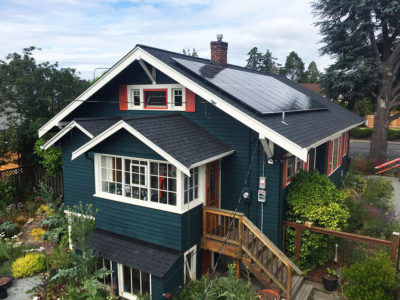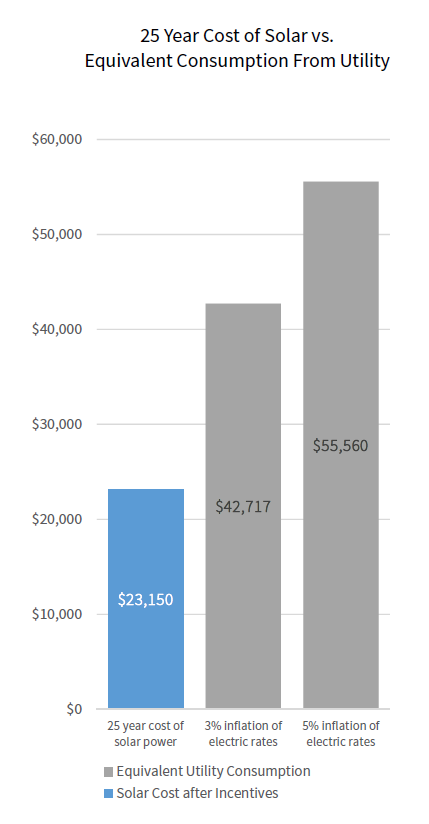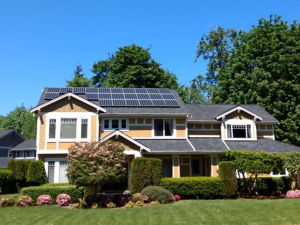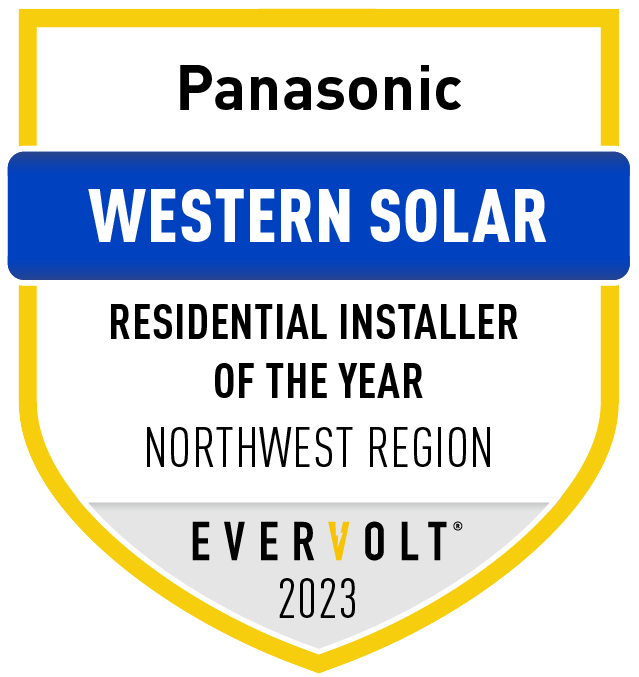While your solar system will last 40+ years, you may not be the owner for the entire life of the system. A study from the National Association of Home Builders found that the average American homeowner only owns their home for about 11-13 years. Solar is a substantial investment and any homeowner should make sure they benefit from their investment when the time comes to refinance or sell their home.

How do you ensure that the value of your solar system is included in your appraised home value?
Adding a solar system to your home is similar to adding an Air Conditioning system, upgrading windows, or remodeling your kitchen. These are all investments that increase the value of your home and a solar system is no different. The key to making sure your investment is included in your home value starts with the appraisal process. The appraisal is an expert’s estimated value of your home making it vital that you find an appraiser who understands solar.
If you have already gone through the appraisal process, check out our article about finding the right real estate agent to market and sell your solar home.
There are now certifications appraisers can obtain to show they have completed training courses for assessing green buildings. A few certifications to look out for are the Accredited Green Appraiser (AGA) and Leadership in Environmental and Design (LEED) designations. The Appraisal Institute has created a Residential Green and Energy Efficient Addendum form with solar-specific fields to assist appraisers through the process. They also offer a Residential and Commercial Valuation of Solar course designed to bring appraisers and real estate agents up to speed in understanding how electricity is priced, how solar PV is priced, and how solar PV functions in order to assign a credible value.
When assessing the value of your solar home, an appraiser has a few main methods they are likely to choose from. This will be detailed in the their underwriting agreement.
Method 1: Paired-Sales Analysis
The first method, called paired-sales analysis, is where your appraiser bases your home value off a recent sale of a similar home in your area. This similar home needs to have a PV system of similar size to yours if you want an accurate value assessment. If you live in areas like California or Arizona, there are plenty of homes to choose from, so this is a great option. However, for those on the leading end of solar adoption in their area, finding a comparable home nearby could be difficult. If your appraiser is having trouble finding homes, Western Solar can help you find homes with similarly sized systems.

Method 2: Cost Replacement
Another method, called cost replacement, is a cost-based approach where the appraiser bases the value of your system off the current price to replace the system. The accuracy of this will depend on when you bought your system. While current prices have stabilized, the past 15 years have seen dramatic decreases in solar module costs. This has resulted in older installations having a much higher total cost than newer installations. If this appraisal process is chosen for a homeowner who was an earlier investor of solar, the new estimate could be much less than what was originally paid for the system. The impacts of this price discrepancy will depend on how much is still owed on the system.
Method 3: Income-Capitalization
The final method, called income-capitalization, is a return-based approach where the appraiser assesses the value of your system based on estimated future savings from solar generation. The total amount saved is calculated from estimated energy generation, expected retail electricity rates, and a discount rate. This discount rate reduces the value of future income streams since future money has less value than money now. A good example of this process is how you’re willing to accept a loan now and then pay it back in full plus interest at a future date. The retail electricity rate and discount rate chosen will greatly impact the value of future income streams. It is important to ask how and why your appraiser determined their particular rates.
When you research appraisers, it’s important to understand how they plan to assess your solar system’s value. Ask about their preferred methodology for your home and why they chose it, their background in appraising green, sustainable, and solar homes, and any continuing education courses they’ve taken.
As you go through this process, you’ll find it helpful to have your system’s detailed specifications on-hand to provide to the appraiser. Including copies of your electric bills showing historical production data could be useful depending on the appraisal method used, or reports generated by your online system monitoring, should you have it. Ask your appraiser what information would help them make the most accurate appraisal; if you’re missing any details on your end for a system Western Solar installed, give us a call at 360-746-0859 and we’ll help fill in the blanks.















